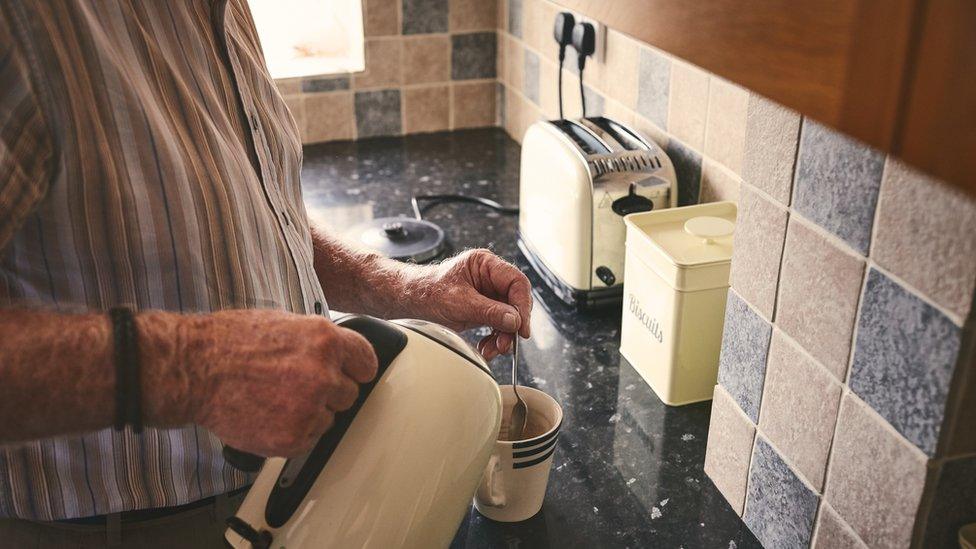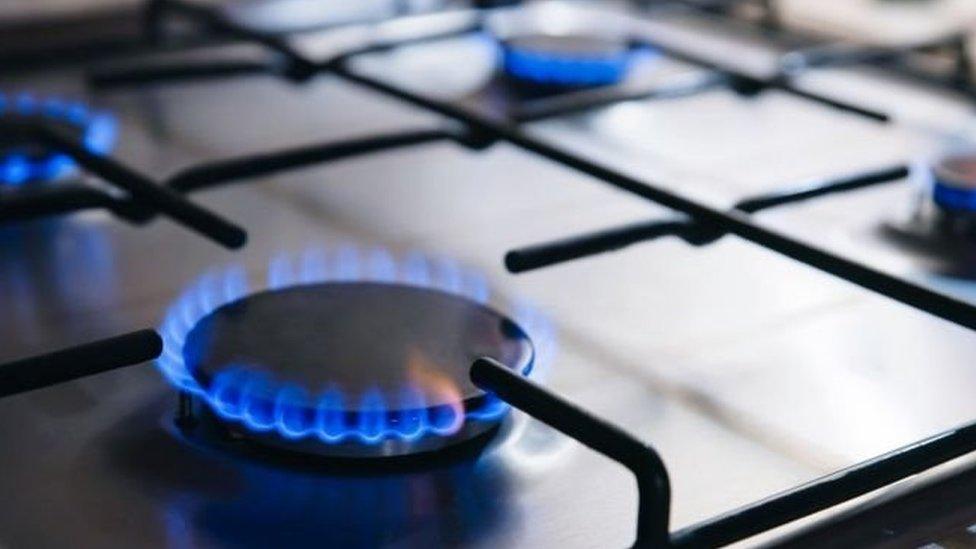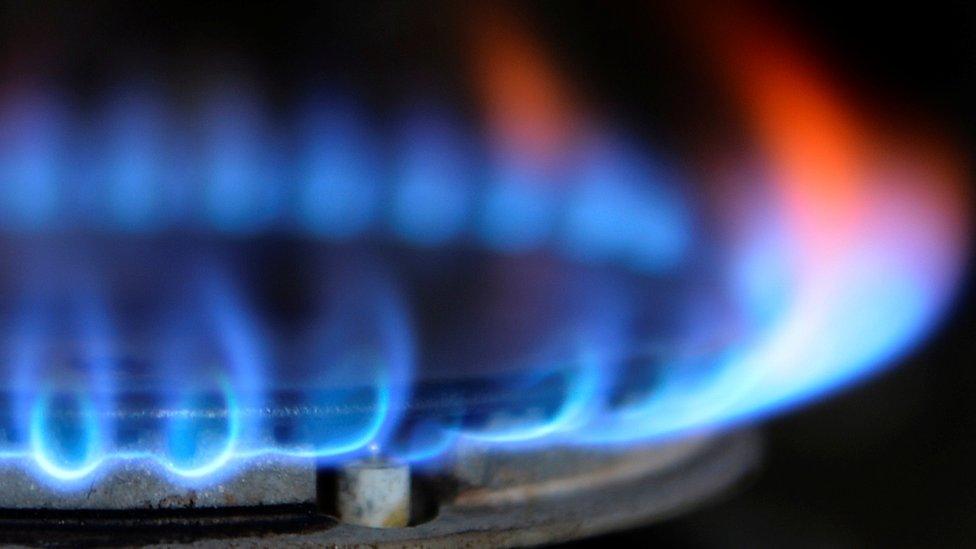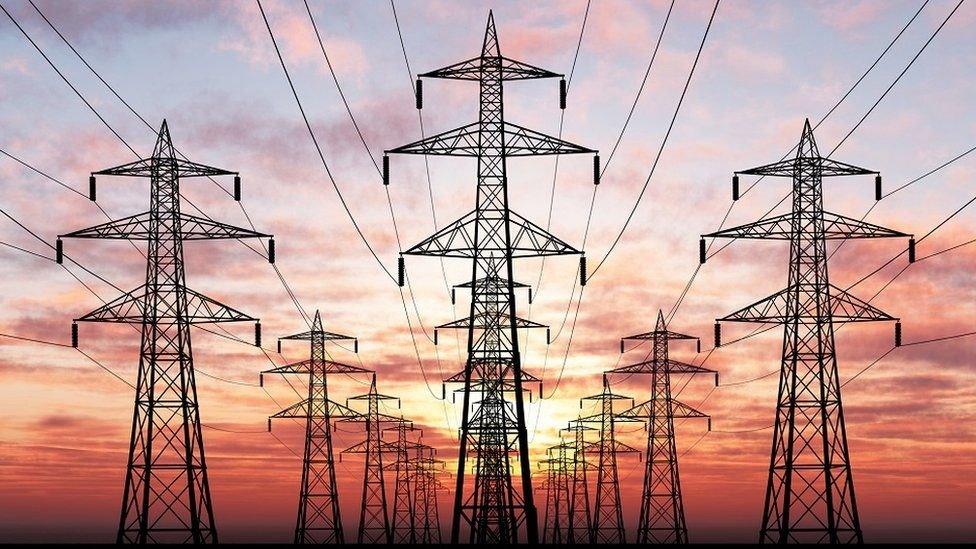SSE and Budget Energy increasing prices by about 30%
- Published

Two Northern Ireland power companies, SSE and Budget Energy, have said they are raising their electricity prices by about 30%.
The increases will affect three in 10 households in Northern Ireland, or about 248,000 domestic customers.
SSE tariffs will rise by 33% from 1 June while Budget prices will go up by 27% from 27 May.
The price rises had been expected after rival firm Electric Ireland announced a 30% increase last month.
Electric Ireland's higher tariffs will take effect on Sunday.
High and volatile prices on global wholesale energy markets are being blamed for the increase.
The Consumer Council has said the latest increase will see the SSE standard tariff for credit meter and pay-as-you-go customers increase by £248 to just over £1,000 a year.
It said Budget Energy's typical customer with a credit meter will see their bill rise by about £280 a year and about £275 for pay-as-you-go customers.

Analysis: Very little sign of prices moderating
These could have a significant impact on many household budgets.
It was expected because one of the rival companies, Electric Ireland, announced a 30% increase just last month and in fact that increase will take effect from this weekend.
Behind all of this is the continuing volatility and high prices on global energy markets, which is key for generating electricity.
Unfortunately, there is very little sign of the gas prices moderating in the year to come.
Stormont has already run two schemes to help lower income households - there was a £200 payment which went to many benefit claimants, that was a £55m scheme, and there was a smaller scheme which paid £100 to households who were in real immediate distress.

Peter McClenaghan, of the Consumer Council, said the price increases were the latest bad news as the cost of living continues to rise in Northern Ireland.
"While consumers get that these price increases are happening due global reasons, it doesn't make it any easier for people to pay their bills, particularly those in vulnerable circumstances," he said.
"If you are struggling to pay your bills, the first thing to do is contact your supplier directly for help and information. There are measures that can be put in place to help you.
"Unfortunately, prices are set to stay high for the foreseeable future so the Consumer Council will continue to push for significantly improved initiatives to help consumers who are experiencing payment difficulties."
Related topics
- Published25 August 2021

- Published3 September 2021

- Published2 July 2021
